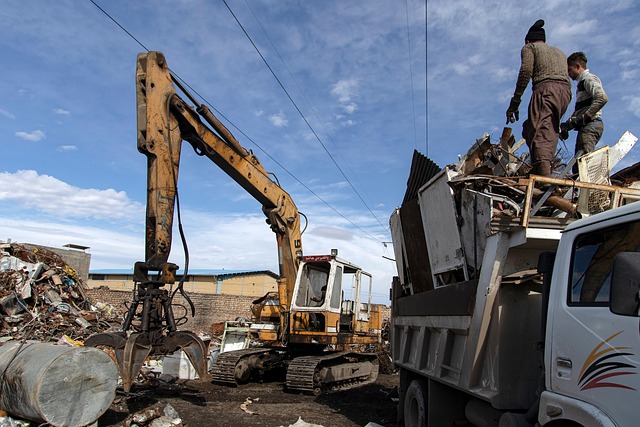In an era where environmental challenges loom larger than ever, the concept of waste-free management emerges as not just a necessity but a responsibility we all share. As we grapple with the effects of climate change, the urgency for sustainable development has become paramount. Green technologies, with their innovative approaches, promise to herald a new age of waste management that is both effective and environmentally benign.
The driving force behind this transformation is the need to reduce our ecological footprint. Every single product we consume leaves a trace; from the energy it requires to manufacture, to the waste it generates at the end of its life cycle. Traditional waste management practices often fall short, resulting in landfills overflowing with garbage and toxins leaching into our environment. However, by embracing waste-free management strategies, we can reclaim valuable resources and minimize our impact on the planet.
Green technologies have pioneered numerous methods for promoting a circular economy, where waste is transformed into new resources rather than simply disposed of. Innovations such as advanced recycling systems, composting technologies, and bioenergy solutions allow us to efficiently repurpose materials. Imagine plastic bottles turned back into their original components, or food waste transformed into nutrient-rich compost that nourishes our soil. These technologies empower individuals and businesses alike to contribute to a cleaner, more sustainable world.
Furthermore, the shift toward a carbon-neutral future is intertwined with waste-free management practices. As we move closer to decarbonizing our economies, the waste we produce plays a crucial role in our overall carbon footprints. By minimizing waste, we effectively reduce greenhouse gas emissions that result from production and disposal processes. Implementing renewable energy sources in waste management facilities not only enhances efficiency but also turns the tide against fossil fuels, paving the way for a healthier planet.
Participating in this waste-free movement is not just about consumption habits; it is about adopting a mindset focused on sustainability. When we buy less, choose better, and recycle more, we reduce the demand for new resources and the energy needed to extract and process them. This change extends beyond individual efforts; it requires community involvement and supportive policies that encourage businesses to innovate and adopt sustainable practices.
As we champion waste-free management, we are also fostering a culture of accountability. Companies that prioritize environmental responsibility are increasingly favored by consumers who are becoming more aware of their purchasing choices. This shift in consumer behavior drives industries towards greener alternatives, reinforcing the cycle of sustainability.
Ultimately, the vision of a waste-free society is not a distant dream but a tangible goal we can achieve through collective action and the adoption of green technologies. Every step towards reducing waste leads to a more sustainable future, nurturing our planet for generations to come. By embracing green solutions, we not only address our current environmental crises but also build a resilient framework for future resilience—a cycle where sustainability and innovation go hand in hand.




